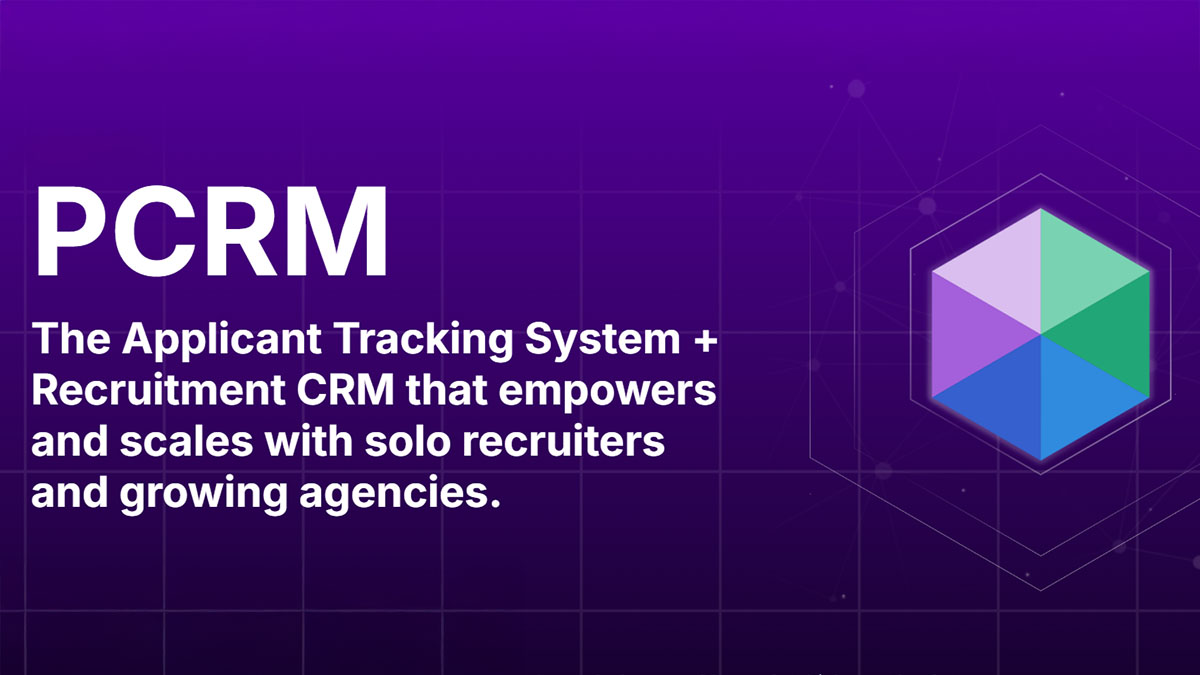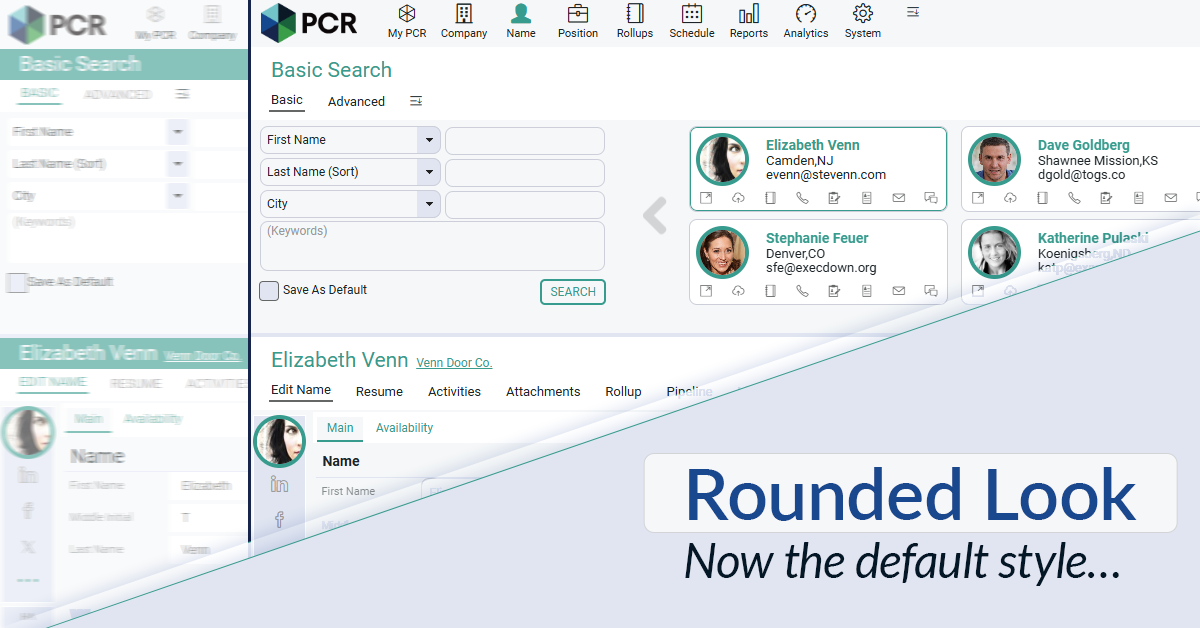For most companies, one of the main goals of implementing staffing software is to save money, so you should make sure the software itself isn’t going to cost you an outrageous amount.
The majority of companies can reduce their software costs by up to 20 percent without changing vendors, according to an article by Personnel Today. This can mainly be done by only paying for what you need and working with what you already have.
“We’re spending more than ever on technology, but we’re not paying attention to where that money goes,” Andy Kyte, a research fellow with Gartner Group, said.
Here are 10 things to consider before implementing your new staffing software, all of which may help you save money in the long run:
1. Price – Ask your vendor if the price you agreed to pay is fixed and how you will be charged when you want to make changes or upgrades to the software. These things can become rather expensive if you plan to roll out a large payroll software system that will consistently change over time.
2. License – Ask if the license to use the software is one-sided – meaning it limits the customer’s usage – and if the terms of the licensing are spelled out in the contract. Keep in mind that many American companies rely on tough contracts.
3. Implementation – Who is responsible for implementing your new software, you or the vendor? Make sure that whoever is installing it has a good amount of experience with the type of company you run.
4. Project management – Make sure you’re aware of the methods that will be used for to manage, develop and test your new software, and that those methods fit with your overall business.
5. Sales support – Does the vendor supplying your software have its own sales support team, and if so, can they guarantee that any bugs you encounter will be fixed in a timely and professional manner?
6. Escalation – What does the vendor plan to do if it can’t resolve your problems quickly and easily?
7. Ongoing charges – Are there any recurring fees you’ll have to pay for renewing contracts or seeking technical support?
8. Upgrades – Can the vendor tell you right now how much it will cost to upgrade your software in the future? Also, how much support is included in the up-front price of the software package?
9. Guarantees – What kind of guarantees or warranties does the vendor offer? This is important to know in case the software company doesn’t deliver on time.
10. Termination – What will you have to do in order to terminate your software contract? Find out if you have to give a certain amount of notice, because too short or too long requirements can cause problems for your company and the vendor.

PCRM — the CRM and Recruitment ATS hybrid built specifically to empower and scale with solo recruiters and growing agencies — is now available.
Read more
Recruitment professionals are facing a new challenge in today’s digital landscape: scammers posing as legitimate recruiters. These scammers are increasingly targeting remote work job seekers, causing some candidates to become wary of all recruitment outreach.
Read more
The Rounded Look for inputs and navigation elements has been made the default style throughout PCR. This rounded style can be combined with any of the seven color themes.
Read moreFind out more about who we and what we do.